Dale Carnegie is one of the best sellers of self-help books. He has written about 60 best-selling books. How to Stop Worrying and Start Living is one of the most popular self-help books by Dale Carnegie. Dale Carnegie says that he wrote this book because he was unhappy with his life and hated his position in life. He became sick of worrying about the issues happening in his life.
Introduction
This book shows the author’s real-life experiences and how he has found solutions for them. This book aims to lead the reader to a more enjoyable and fulfilling life, helping them become more aware of themselves and around them. How to stop worrying and start living has been translated into 58 languages.
In this book, the author gives tips on how to stop worrying about issues, and he has divided this book into eight sections.
Section 1: Fundamental Facts You Should Know About Worry
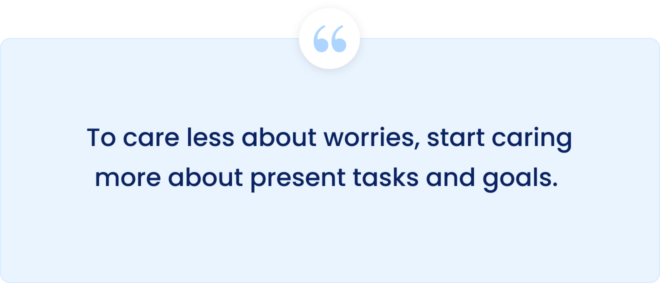
In section 1, the author says you should know your worry’s basic facts.
We all are worried about one or the other reason. But we should know the reason for that worry.
“To care less about worries, start caring more about present tasks and goals.”
The author says that we always worry about our future, but we should understand that whatever we do in the present will give us a promising future. Write down what you want in the future on a piece of paper and stick it on the wall of your bedside. Read this every morning and work on it on a priority basis.
For example, if you want to buy a house, you should not just sit and think I need more money; how will I buy it, but you should start working on it.
The first thought is budget setting; the second should be where and when I should buy. If you work in such a direction, the author says you will reach the result without worrying about it.
The author also says that you should analyze your progress regularly. Then, think of ways to improve how you use these principles.
The author says we should always focus on the present and keep the past and future in their respective places. Most times, when you’re worried, you think of the past.
And then, you blame yourself for things that went wrong. But, if you apply this principle, you may remove many tensions.
We should not become anxious about the future. Understand that good thinking effect analysis. And, then it results in logical and optimistic planning. The author also says that when you plan something, plan its worst situation also prepare yourself for the worst case.
From this, what happens is that your mind agrees to the worst crisis, and this releases positive energy, which gives you strength to fight against that worst situation.
The author is also focusing on what worry can do to you.
He says that the primary cause of worry is fear. When you know the effects of worrying, you automatically stop worrying.
Researchers say that when a person is under stress or worrying continuously, they harm their physical functionality and can suffer from three diseases – high blood pressure, heart disease, and ulcers. If you worry less, your life will be extended.
When you worry about something, review your worry and find the facts for that worry. Then, analyze each point critically and reach the solution. If you have genuine facts, you will get a lot of clarity, increasing your anxiety.
In such situations, ask questions to yourself like:
Ask yourself what the worst possible outcome is if you can’t solve your problem or achieve your goal.
Mentally prepare to accept the worst if it comes and, if possible, make plan B.
Then calmly improve upon the worst possible outcome, and you can improve from there.
What is the problem, and what is the cause of it?
What are the possible solutions, and which one is the best out of it?
Section 2: How To Break Worry Habit Before It Breaks You
Keep busy
Author says that occupying yourself with one or the other things. Research shows that the human mind can’t think of many things simultaneously. It means that we can’t be happy and worriedat the same time.
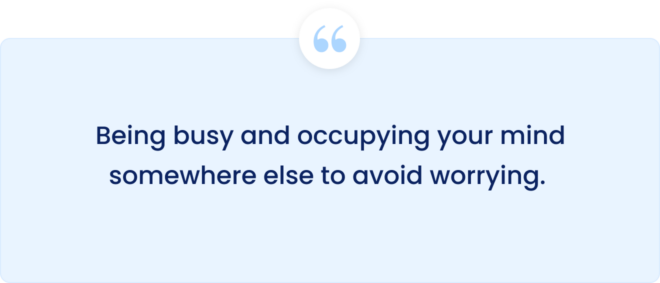
When we occupy our minds with the activities we like, our minds generate a cloud of positive thoughts. Therefore, doctors use occupational therapy with anxiety patients. So the author suggests being busy and occupying your mind somewhere else to avoid worrying.
Don’t fuss about trifles. “Don’t permit little things to ruin your life.” The author says that we should stop worrying about minor issues. To gain mental peace:
- Avoid trivial things.
- When such minor issues happen, change your focus so your mind is on essential matters.
- Always remember that life is too short, so never get upset with such things.
Cooperate with the Inevitable
The author says there is no logic in fighting against what will happen. Instead of this, what if that will happen?
And then take the best out of it. There is only logic to worry about if you can resist the situation. But if you can’t, you should move ahead and go on.
Section 3: Ways To Cultivate A Mental Attitude That Will Bring You Peace And Happiness
1. Fill your mind with peace, courage, health, and hope.
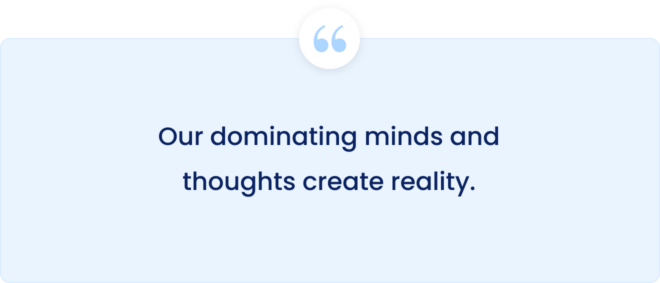
This author says that our dominating minds and thoughts create reality. If you continuously think about the bad things that will happen to me, this thought will dominate your mind, and it will come into existence.
For example, if we develop the idea of not having enough money to buy a house, this thought will dominate our minds for a long time, and for many years, we will not have enough money to buy a home.
2. Try to avoid getting into conflicts, even with your enemies
Here the author is saying that we should not take revenge on anyone. This only pays us, not them. Instead, continuously develop the habit of forgiving. Don’t be one of those people who wait for karma to take a toll.
3. Expect ingratitude
The author says to remember that the only way to find happiness is not to expect gratitude but to give for the joy of giving. So when we do a favor to someone, and in return, if a person is not saying thank you, we should not worry about it.
4. Count your blessings, not the troubles.
In addition, the author is also saying that we should count our blessings, not our troubles. This means we should calculate what we have and not worry about what we don’t have. Instead, we should consider how to get what we don’t have. This gives us more strength to overcome worry.
5. Find Yourself and Be Yourself
The author says that knowing ourselves is the most essential adventure of our life. Discovering who we are and what capabilities I have. Finding ourselves may sound like an inherently self-centered goal, but it is an unselfish process at the root of everything we do. The author suggests that we must find out in which area we are good and in which size we are not good; find our passion – passion produces effort, and continuous effort produces results.
6. Try to profit from your losses
This author is trying to teach you that if you figure out how to turn a negative into a positive, you will always be moving ahead in life. Always look for the benefits.
Here the author is trying to say that if life gives you a lemon, make lemonade. It means considering the lessons you could learn from a challenging situation. Many people who began life with significant handicaps became great achievers as they overcame their weaknesses.
Section 4: The Perfect Way To Conquer Worry
1. Pray
The author says that prayers have great power. It keeps you inspired. Prayer will help you to give voice to what’s troubling you. This gives a positive feeling that you’re sharing your problems and aren’t alone. Hence, you’ll get a new sense of energy to solve your troubles.
2. Live in the present
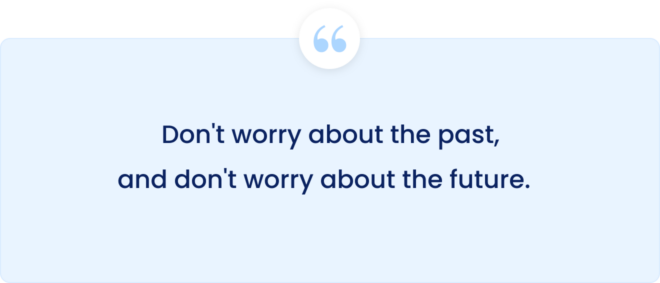
We always hear that we should live in the present. Don’t worry about the past, and don’t worry about the future. But how can this happen? In today’s fast pace and hectic schedules, most of us keep a base level of anxiety, stress, and unhappiness as the new norm.
But this tendency to get sucked into the past and the future can leave you perpetually worn out and feeling out of touch with yourself.
Living in the present means being aware and mindful of what is happening now. We are not distracted by ruminations on the past or worries about the future but centered on the here and now.
Section 5: How To Keep From Worrying About Criticism
Remember that unjust criticism is often a disguised compliment
Here author explains jealousy and envy. When someone criticizes you, remember that the criticizer is feeling more critical. It usually means that you are accomplishing something and are worthy of attention. This gives only satisfaction to the attacker.
Analyze your own mistakes and criticize yourself
It can be excruciating when we fail in something essential to us, whether in relationships, at work, or at school. These experiences continuously fatigue our minds with a hell lot of thoughts.
Now, ask yourself who you think we are and who we want to be. Researchers say that people who blame adverse events are more likely to become depressed and suffer from health issues, but finding out your mistakes and constructively criticizing yourself involves an optimistic explanatory style, focusing on specific and modifiable areas needing improvement.
Section 6: Six Ways To Prevent Fatigue And Worry and Keep Your Energy and Spirits High
1. Rest before you get tired.
The author says that when you are tired mentally and physically, there is always a warning sign that you are losing energy. The author suggests here that we try to find ways to rest and relax before those warning signs become overwhelming symptoms, which will be harder to cure in the future.
2. Learn to relax at your work
The author says that our workplace is always a place where we get stressed out. To avoid such worries, you can constantly interact with people outside of the work-related tasks, take a walk and get fresh air, or walk away from your desk and take a quick break from the task at hand. This will refresh your mind while at the office.
3. Protect your health and appearance by relaxing at home
In this case, the author says that we always think that whatever we do outside the office is relaxing, either at a park or a restaurant. But we should remember that what we do outside the office can also impact our work regarding attention, energy, and mood. Of course, no one denies having fun outside the office, but relaxing and sitting at home can give you more relaxing time than any other place.
4. Four Good Working Habits That Will Help Prevent Fatigue And Worry
We always like to be in a place that is clean and neat. Tidy areas give negative feelings to our minds and create fatigue of anxious thoughts. Here the author suggests four good working habits to avoid worry:
- Clear your desk of all papers except those relating to immediate problems or tasks.
- Do things in the order of their importance.
- When you face a problem, solve it then and there if you have all the facts needed to decide.
- Learn to organize, deputize and supervise.
5. Put enthusiasm into your work
The author says our work is not exciting and refreshing, but how we will take it also matters. How you approach your job, task, or coworkers can make a big difference.
Whatever work we have at our workplace that we must do anyhow, so smile and do it. This gives good feelings rather than making faces and doing it.
6. Don’t worry about insomnia
The author says we don’t get enough sleep when worrying about something. And the new worry will start, why am I not getting enough sleep? So what comes first is insomnia or worry?
Rather than thinking about insomnia, we should think of relaxation techniques to bring down the heartbeat and create an environment for ourselves to rewind and eventually fall asleep.
How To Stop Worrying and Start Living Book Review
“How to Stop Worrying and Start Living” by Dale Carnegie is a timeless self-help book that offers practical strategies to overcome worry and lead a happier, more fulfilling life.
Carnegie’s writing is engaging and filled with real-life examples, making it easy to relate to his concepts. The book provides valuable insights on changing one’s mindset, managing stress, and cultivating positive thinking.
It emphasizes the importance of living in the present moment and taking control of one’s thoughts and actions.
With its actionable advice and inspirational anecdotes, this book is a valuable resource for anyone seeking to break free from the grips of worry and embrace a more joyful existence.
Thank You.
Contents

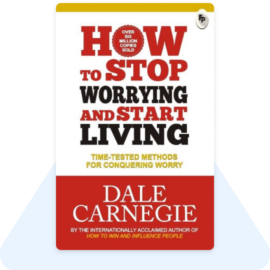
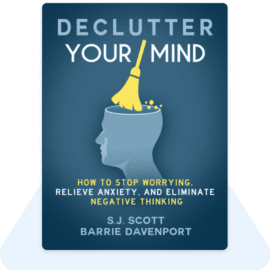
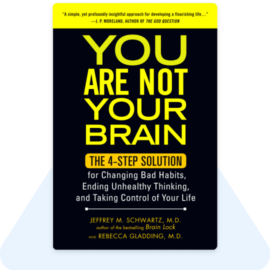
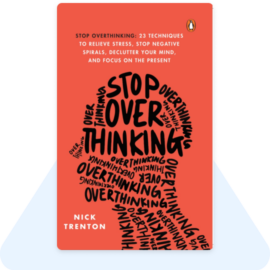
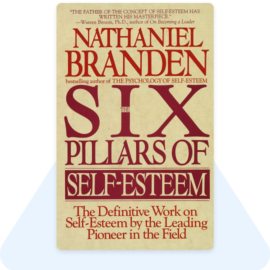
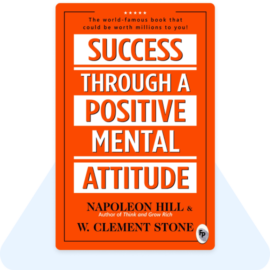


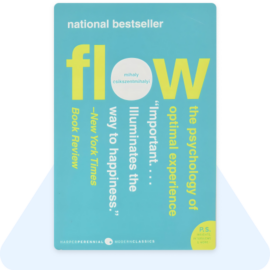
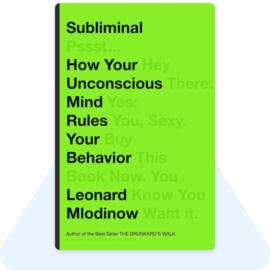
തീർച്ചയായും ജീവിതത്തിൽ നാം അഭിമുഖീകരിക്കുന്ന/അഭിമുഖീകരിക്കാൻ സാധ്യതയുള്ള കാര്യങ്ങളെ പറ്റി വലിയ അവബോധം നൽകുന്ന അറിവുകൾ നേടുവാൻ സാധിക്കുമെന്ന് ഞാൻ കരുതുന്നു.
I really satisfie to read this summary of the book. I take a vow to implement this tricks in my life from today. Thank you so much.
Write down what you want in the future on a piece of paper and stick it on the wall of your bedside. Read this every morning and work on it on a priority basis.
Ask yourself what the worst possible outcome is if you can’t solve your problem or achieve your goal.
Mentally prepare to accept the worst if it comes and, if possible, make plan B.
Then calmly improve upon the worst possible outcome, and you can improve from there.
Living in the present means being aware and mindful of what is happening now n do things according to it
Keep clean ur working area or desk, Learn to organize, deputize and supervise.
Think of relaxation techniques to bring down the heartbeat and create an environment for ourselves to rewind and eventually fall asleep.
Yeah…it is too helpful summary..thank uhhh sir for your effort✨❤